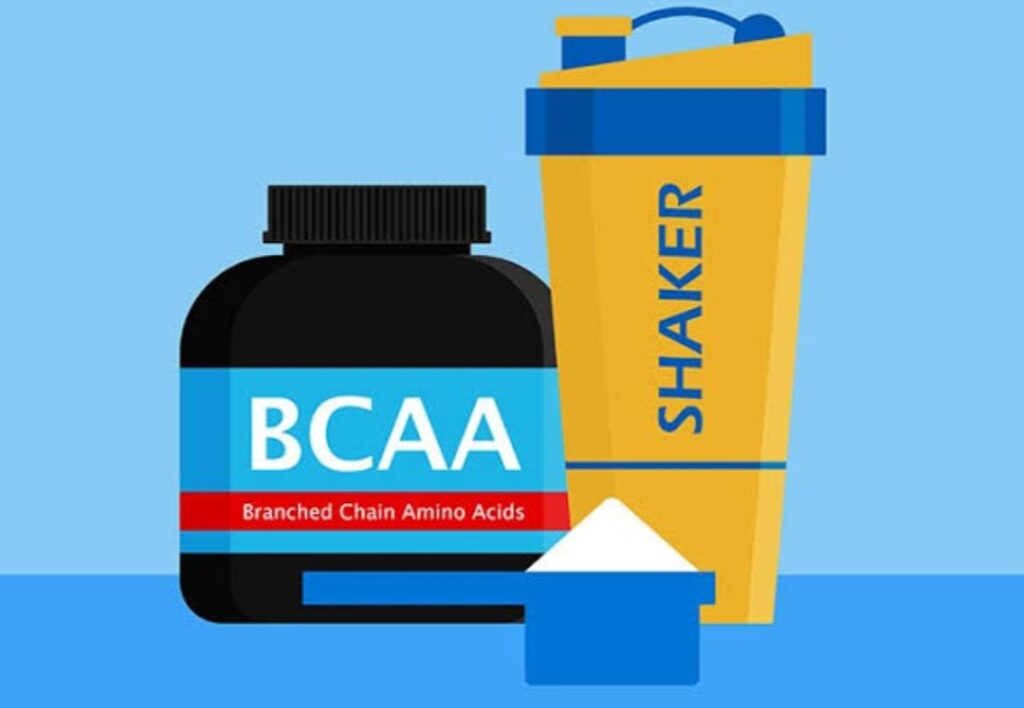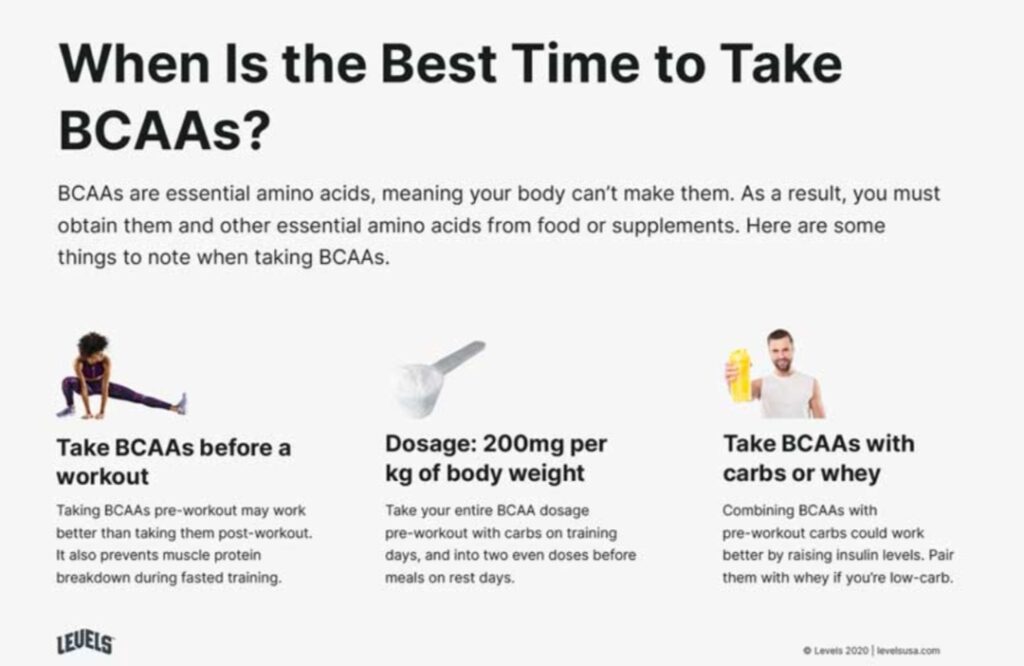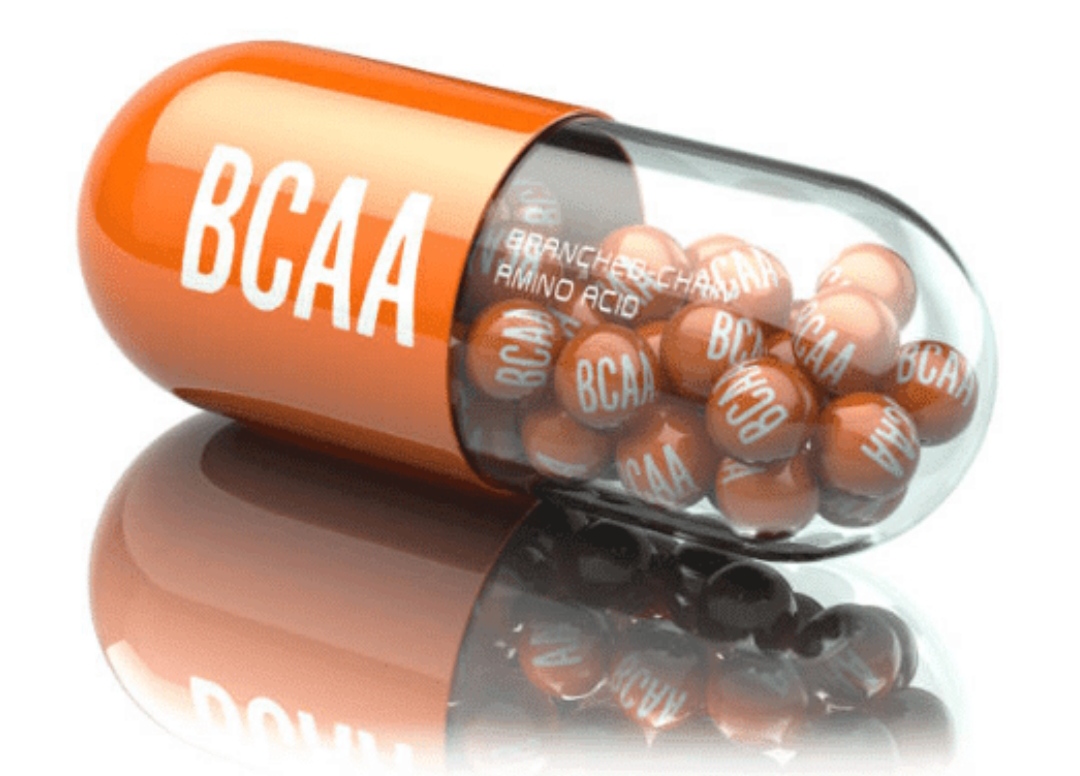Both highly trained athletes and everyday fitness enthusiasts often supplement with branched-chain amino acids (BCAAs).Some evidence shows that BCAAs may help build muscle, reduce workout fatigue, and decrease muscle soreness after exercise.
People often wonder how best to time BCAA supplements around their exercise regimen to reap the desired health benefits.

What are BCAA Supplements?
The branched-chain amino acids (BCAAs) are a group of three essential amino acids: leucine, isoleucine and valine. This is because leucine may be especially good at stimulating protein synthesis and suppressing the breakdown of muscle protein
How BCAA Supplements help in fitness?
- Reduce fatigue during exercise. Higher levels of BCAAs help limit the entry of tryptophan into your brain. Your body uses tryptophan to make serotonin, which may contribute to exercise fatigue
- Reduce muscle damage and soreness. BCAAs may relieve soreness resulting from the strain and inflammation caused by exercise
- Promote muscle building after exercise. Dietary protein containing BCAAs stimulates the synthesis of protein in your muscles and suppress the breakdown of muscle protein.
- Support immunity. Strenuous exercise can result in reduced immunity, which may be due to a decrease in the amino acid glutamine, a fuel for immune cells.
How BCAA works?
Amino acids are small units that make up proteins. In addition to being the building blocks of proteins, amino acids play an important role in enzyme activity and molecule synthesis in the body.The BCAAs are part of the eight essential amino acids. BCAAs fuel your skeletal muscles during training, which can help give you the edge you need to push your limits. Supplementing with BCAAs helps preserve your stores of glycogen—the primary fuel your muscles use for energy production.

Food sources of BCAA
- Leucine: whey protein, casein, eggs, soy, milk, cheese
- Isoleucine: meat, poultry, fish, whey protein, casein, eggs, soy, cottage cheese, milk, cashews
- Valine: whey protein, casein, egg whites, soy, cheese, milk, cottage cheese
- Benefits Of BCAA Supplementation
Benefits Of BCAA Carbs
Muscle Gain
The liver then decides what to do with them before they go to the rest of the body. If the body needs more energy, the liver will even break them down for fuel rather than spare them to repair and build muscle and other tissue.
Recovery of Muscle Breakdown
After resistance training, the processes of muscle synthesis and muscle breakdown both increase, but breakdown actually exceeds growth. This is where amino supplements come in.
Increase in energy
Supplementing with them means you’ll be able to train more intensely and for a longer period of time, which is critical for drastic improvements in body composition. This effect is especially powerful if you work out in a fasted state.

When to take BCAA Supplements?
Before or after exercise
young men took 10 grams of BCAAs before a strengthening exercise for their nondominant arm. They experienced less muscle soreness after exercise and lower blood markers of muscle damage than those who took the BCAAs after the arm exercise
Window of time to take BCAA
you’ve eaten a meal or taken a protein supplement 1–2 hours before exercise, the timing of post-exercise BCAAs or other protein supplements may be less important than if you exercised without recently eating, such as in the early morning
During Exercise
Taking BCAAs during workouts has been studied a little in endurance training, such as distance running and cycling.When 193 men taking part in a marathon took 16 grams of BCAAs during the event, they didn’t run any faster than men who took a placebo
The bottom line
BCAA supplements conveniently provide muscle-supportive nutrients. The science is still developing, but if getting stronger or bigger is your goal, it’s worth considering BCAA supplementation. These powerful amino acids may influence muscle breakdown, recovery, and muscle damage so you can move on to your next workout ready to crush it.They could also help with your weight-loss goals while protecting your lean muscle.
FAQ’S
Question Can I take carbs with BCAA?
Unlike carbohydrates, BCAAs do not maintain glycogen stores, so relying solely on this supplement could negatively impact performance. Combine both BCAAs and carbs for greater energy and muscle recovery.
Question Can I take BCAA carbs between meals?
Between meals: Consuming BCAA’s between meals re-stimulates MPS sooner than could occur through the consumption of food alone. Wait another 60 minutes after consuming BCAA’s before eating again.
For more information you can check it out:



